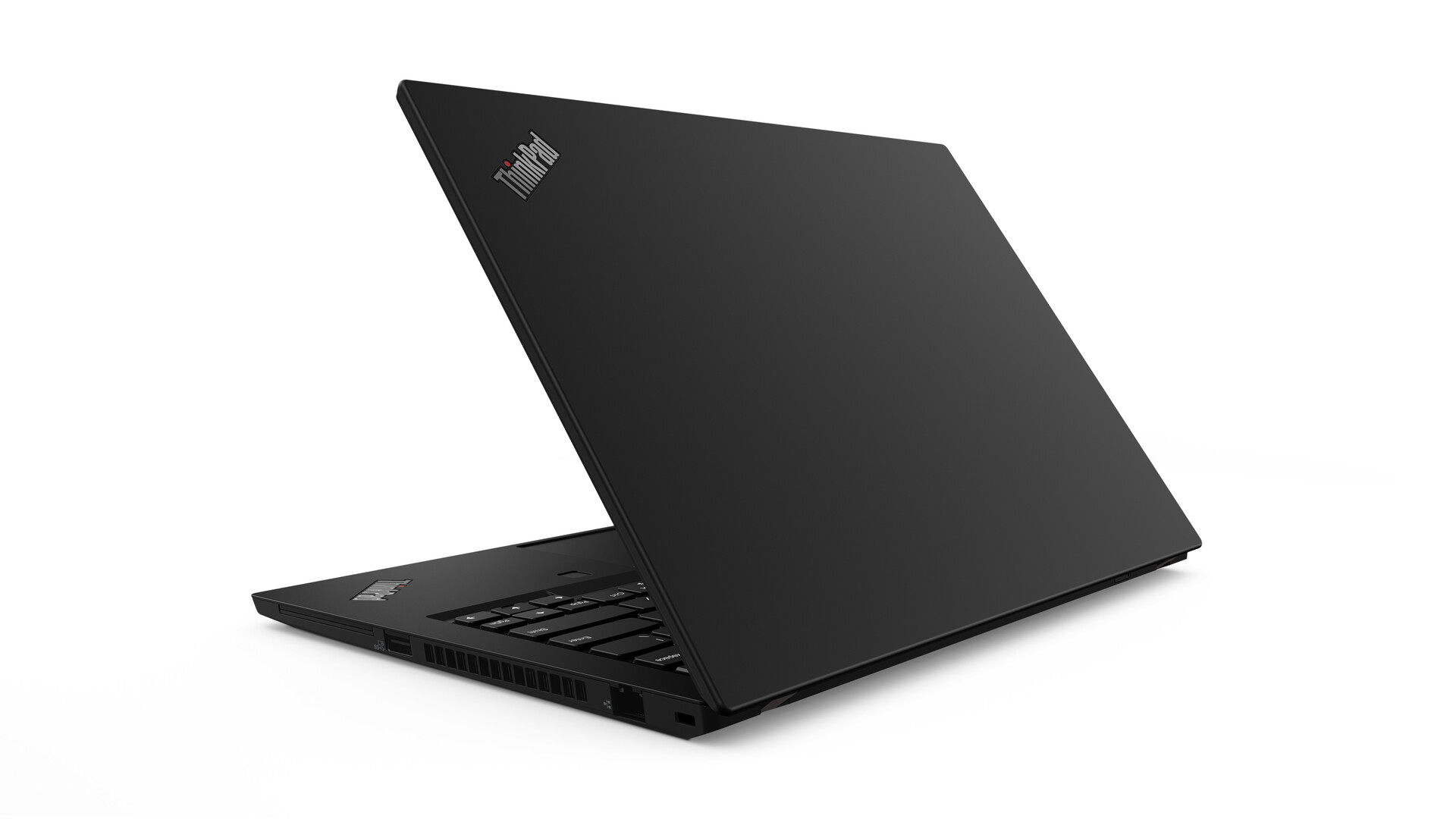The Download Client page contains links to download all the clients you might need.
The Device provides various options for user authentication. All the users are authenticated before they are provided with access to network resources. User authentication can be performed using a local database, Active Directory, LDAP, RADIUS, TACACS, eDirectory, NTLM or a combination of these. The Device also supports Single Sign On (SSO) for transparent authentication, whereby Windows credentials can be used to authenticate and a user has to sign in only once to access network resources. SSO can be used in Active Directory and Citrix or Terminal Services environments.
You can authenticate with Device using Captive Portal, Authentication Clients for Windows, Linux, Macintosh, Android and iOS platforms or Single Sign On (SSO).
You can download the following clients from this page:
Single Sign-On
Available only for Administrators.
Sophos Transparent Authentication Suite - Enables transparent authentication whereby Windows credentials can be used to authenticate and a user has to sign in only once to access network resources. This does NOT require a client installed on the user’s machine.


Sophos Authentication for Thin Client - Enables transparent authentication for users in Citrix or Terminal Services environment whereby network credentials can be used to authenticate and a user has to sign in only once to access network resources. This does NOT require a client installed on the user’s machine.
Authentication Clients
Available for all users.
Mobile Threat Defense with Sophos Intercept X for Mobile. Sophos Intercept X for Mobile is a Mobile Threat Defense (MTD) solution for your Android device, iPhone, or iPad. Intune app protection; Intune Mobile Threat Defense. You can configure Sophos Mobile as a Mobile Threat Defense vendor for Microsoft Intune. Send message to devices. Hi Christian, I need an MSI installer for Sophos Endpoint Security so that I can deploy it via GPO to all of the computers in our company. I've tried msi wrappers and coverters but they don't work. Jak over 6 years ago. Sophos Central is the unified console for managing all your Sophos products. Sign into your account, take a tour, or start a trial from here.

Sophos Enterprise Console: Deployment FAQ
Configuration of CISCOTM VPN Client for Apple iOS
Available only if Cisco VPN Client is enabled and allowed for logged-in user.
Install Sophos Manually
CISCOTM VPN Client is software developed by CISCO to establish encrypted VPN tunnels with highly secure remote connectivity for remote workers. Click Install to install the SF-related configuration for Cisco VPN Client in your iOS Device. Import this configuration into the Client so that it can communicate with the SF Device.
SPX Add-in
This feature is available only with a valid Email Protection subscription
This feature is available in Sophos Firewall Models XG105 and above, Cyberoam Models CR25iNG and above, and all Sophos UTM Models.
Click Download Sophos Outlook Add-in to download and install the SPX Add-in. The SPX Add-in simplifies the encryption of messages that contain sensitive or confidential information leaving the organization. The Add-in integrates seamlessly with the user’s Microsoft Outlook software, making it easy for users to encrypt messages through Sophos Firewall Email Protection.
 Follow the steps given below to install the Add-in in Outlook:
Follow the steps given below to install the Add-in in Outlook:- Unzip the files to a temporary folder.
- For an interactive install, run setup.exe (users will be prompted for input).
- For an unattended install, the prerequisites are:
- Windows XP, Windows Vista, Windows 7, Windows 8 (both 32 and 64-bit) versions are supported.
- Microsoft Outlook 2007 SP3, 2010 or 2013 (both 32 and 64-bit) versions are supported.
- Microsoft .NET Framework 4 Client Profile.
- Microsoft Visual Studio 2010 Tools for Office Runtime 4.0.
- Now, please run the installer with the following parameters: msiexec /qr /i SophosOutlookAddInSetupUTM.msi T=1 EC=3 C=1 I=1.
Sophos Msi Product Code
- ProductCode GUID — If you already have the Microsoft Windows SDK installed, use the included Orca program to get the ProductCode value of an MSI file. For an example, see the description on the web page Use Orca to find MSI file GUID product code.
Alternatively, use a PowerShell script. Such scripts can be found on the internet, for example on the web page How to get MSI file information with PowerShell.
Note The value you enter in the ProductCode GUID field must not include surrounding brackets. - SHA-256 file hash — Use the Get-FileHash PowerShell command to get the SHA-256 hash value of an MSI file:
For more information on the Get-FileHash command, see the Microsoft web page Get-FileHash.
- Installation options — For information on the available command-line options for installing MSI files, see the Microsoft web page Standard Installer Command-Line Options.
